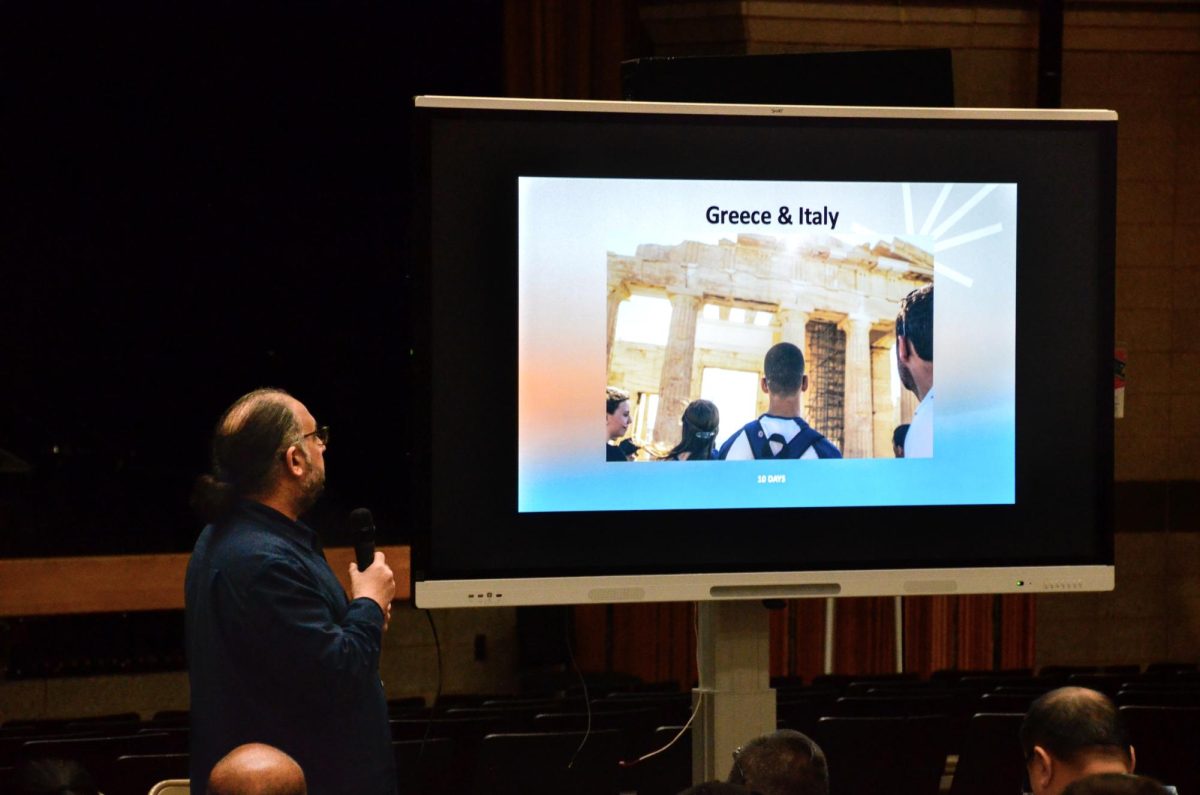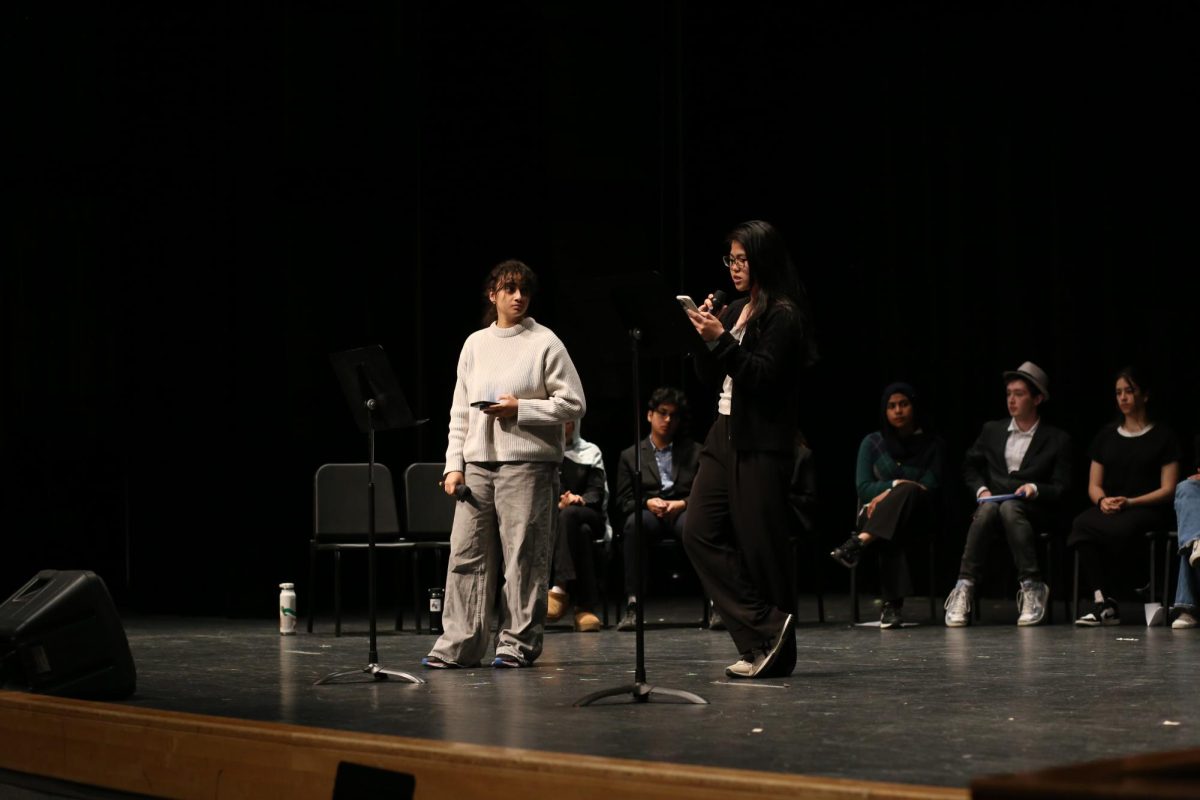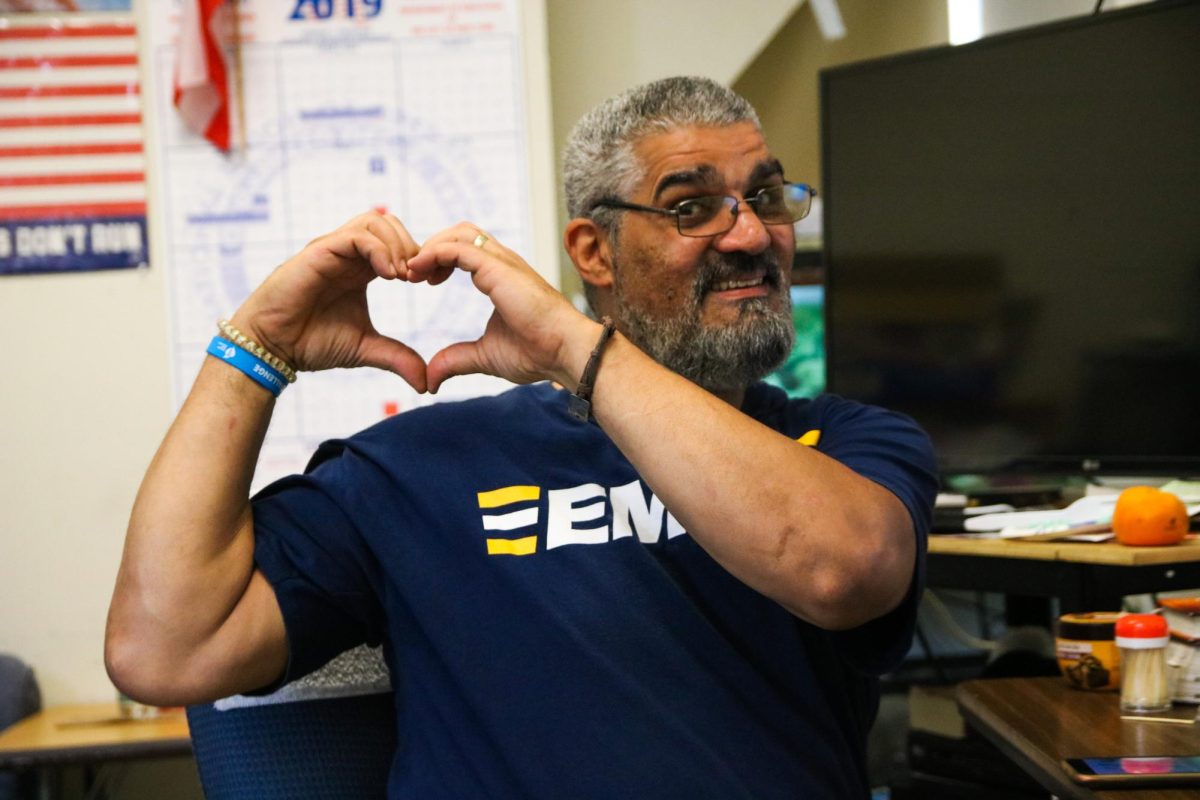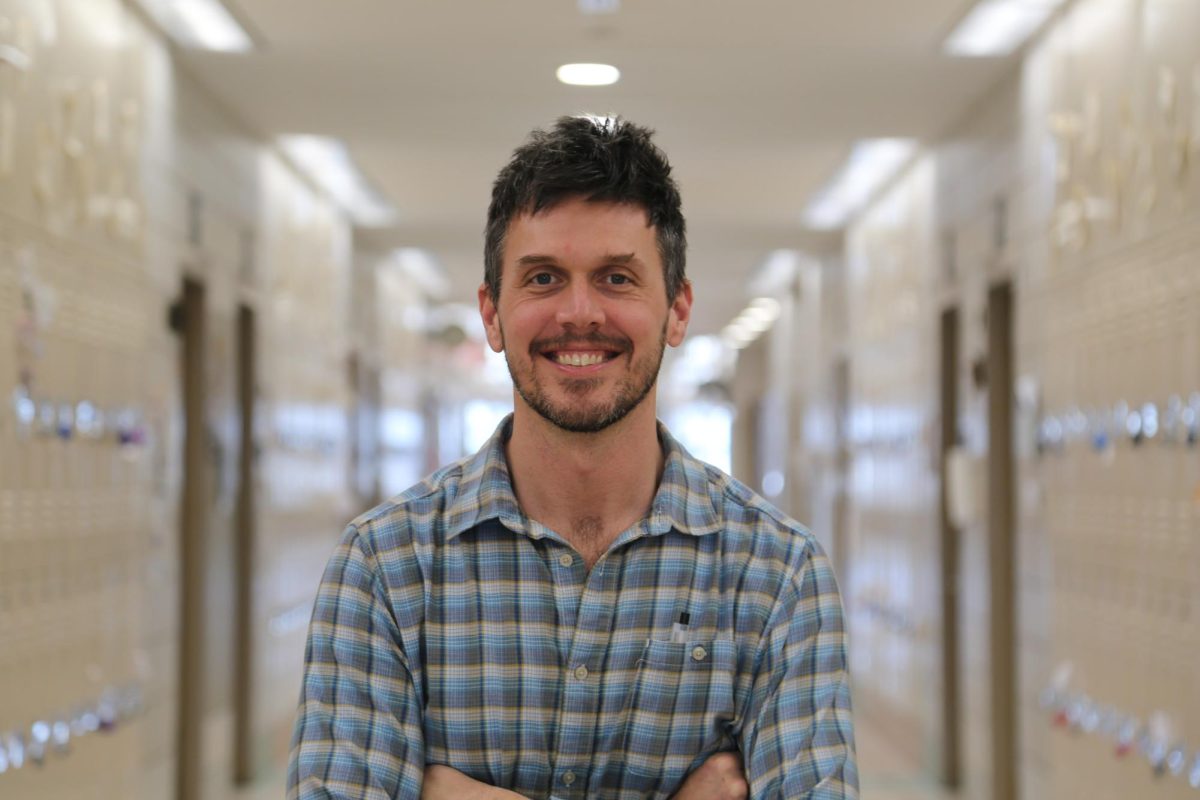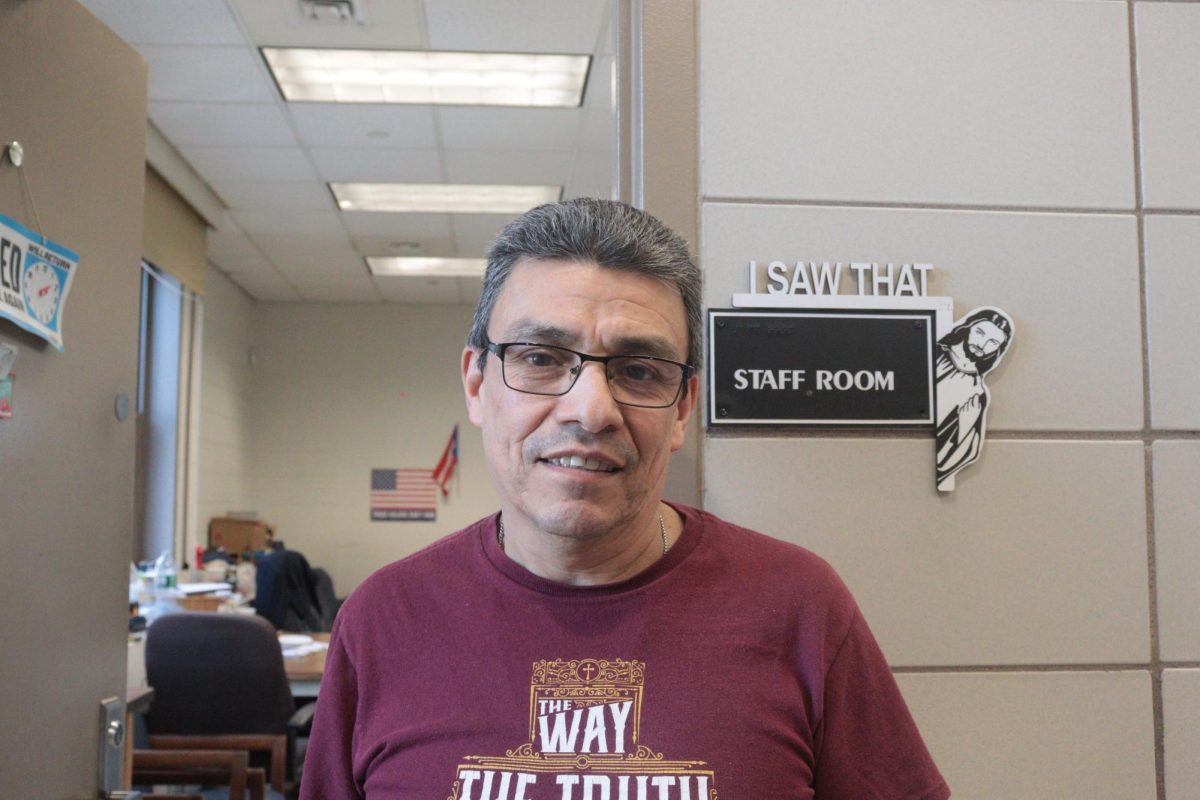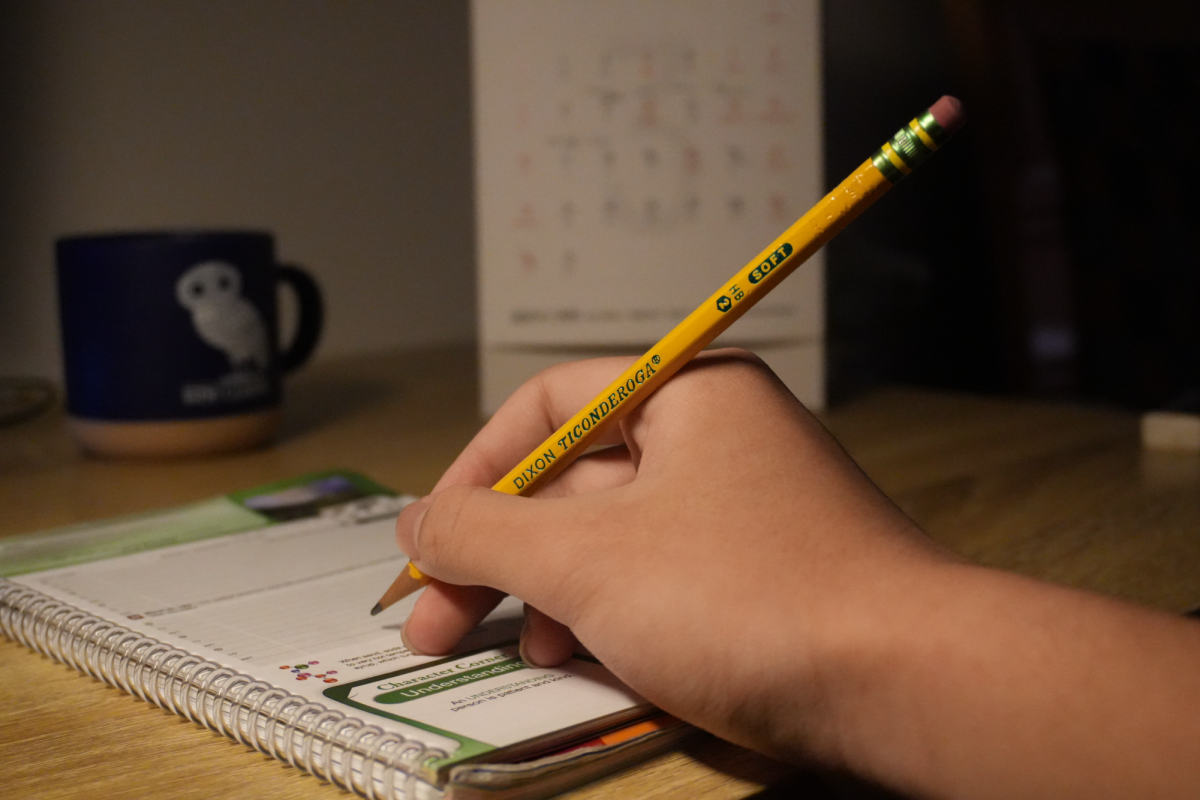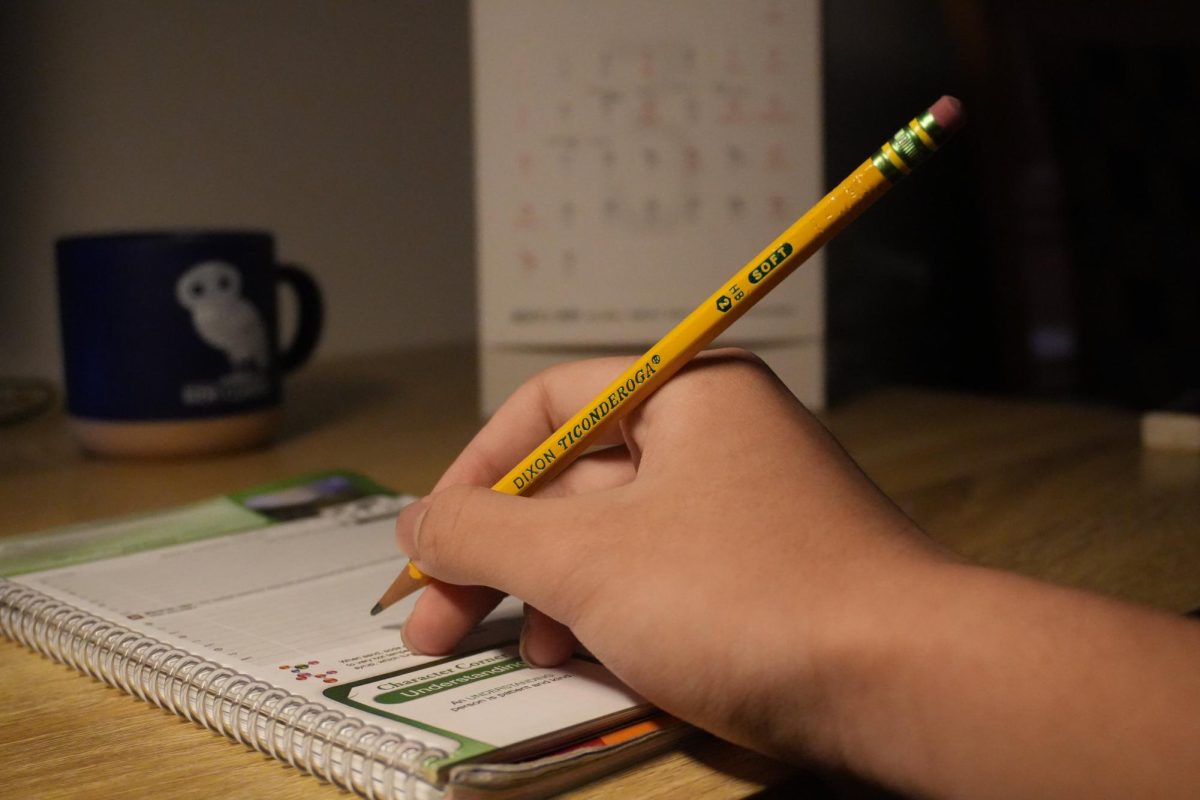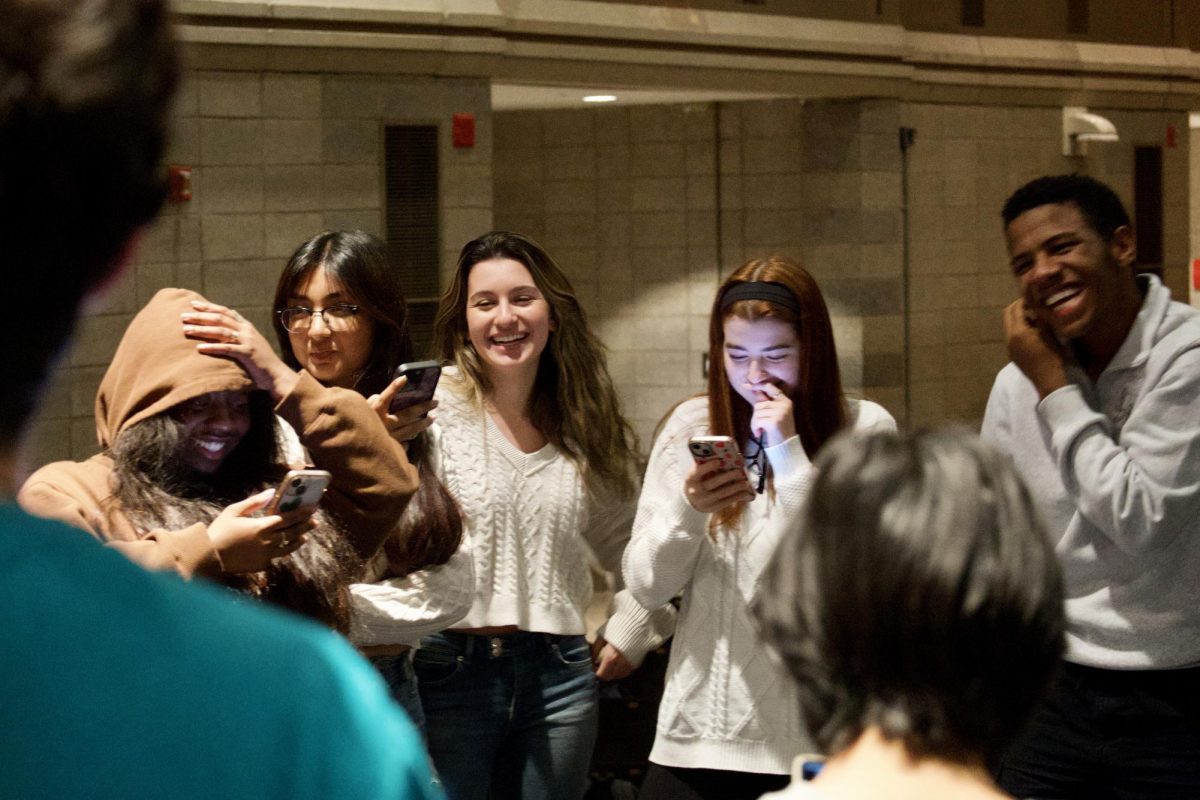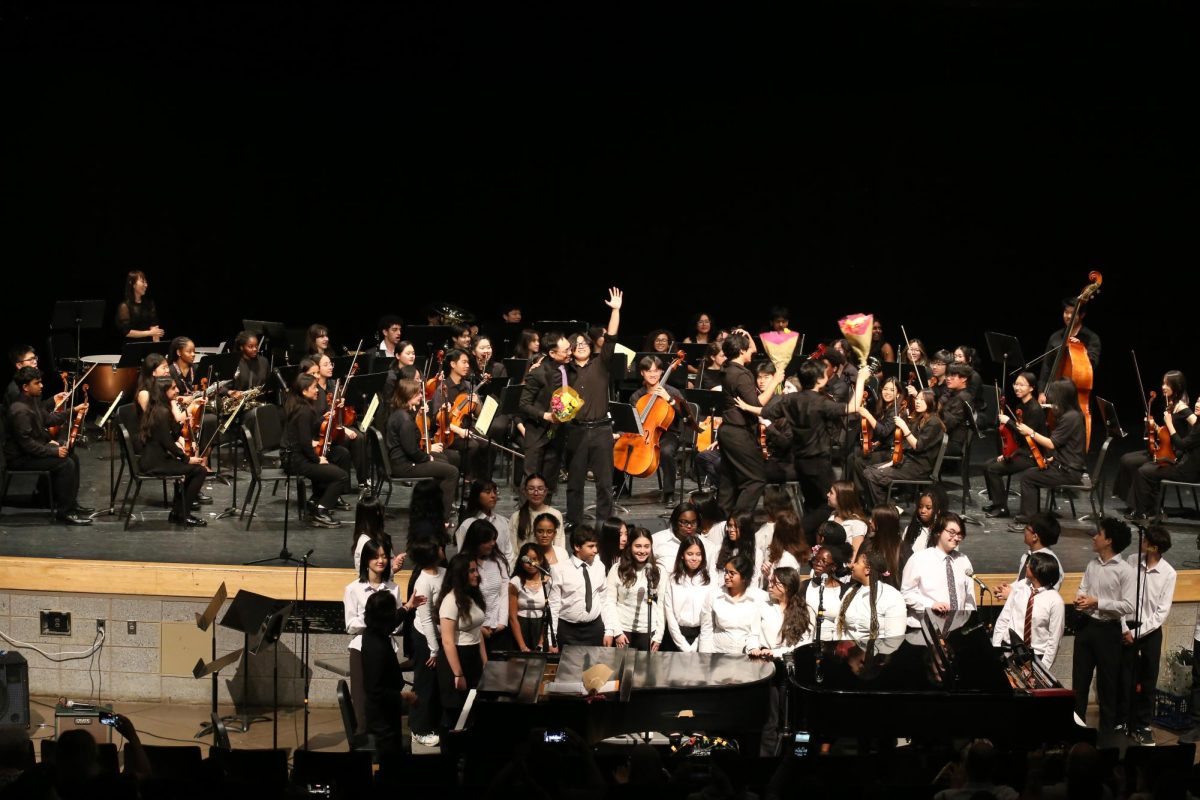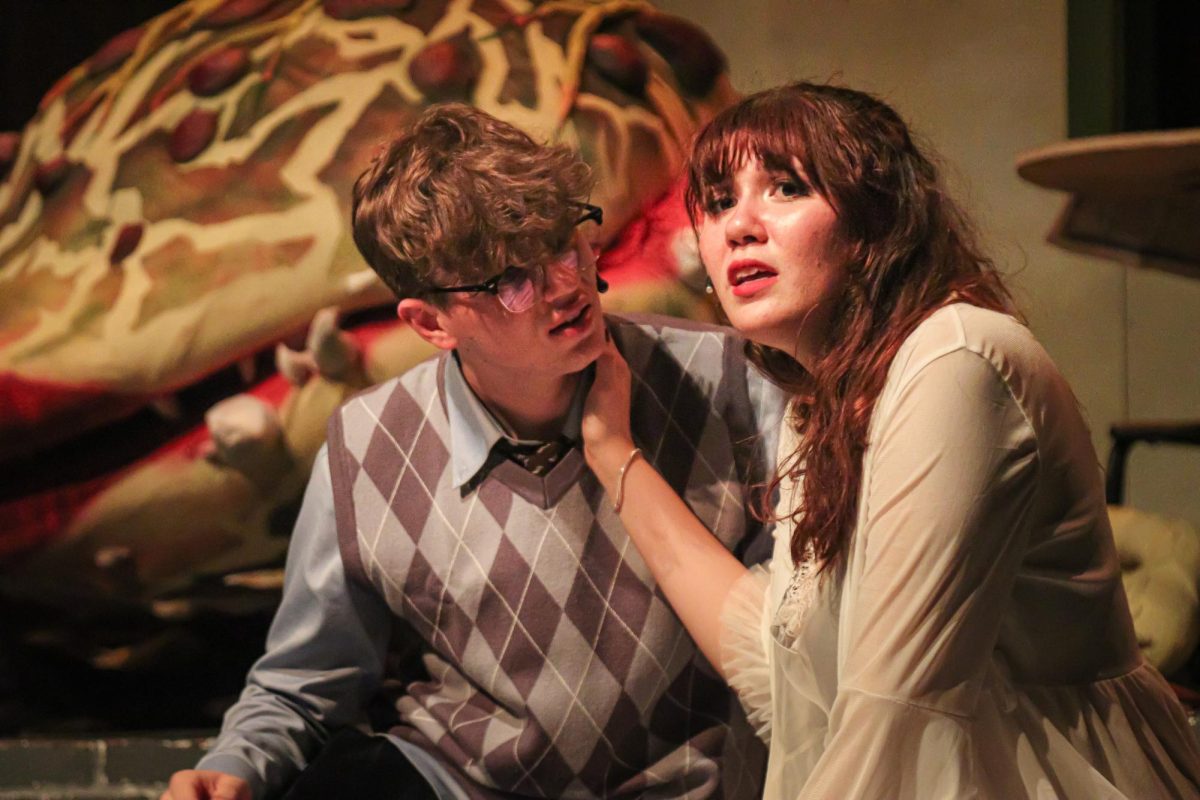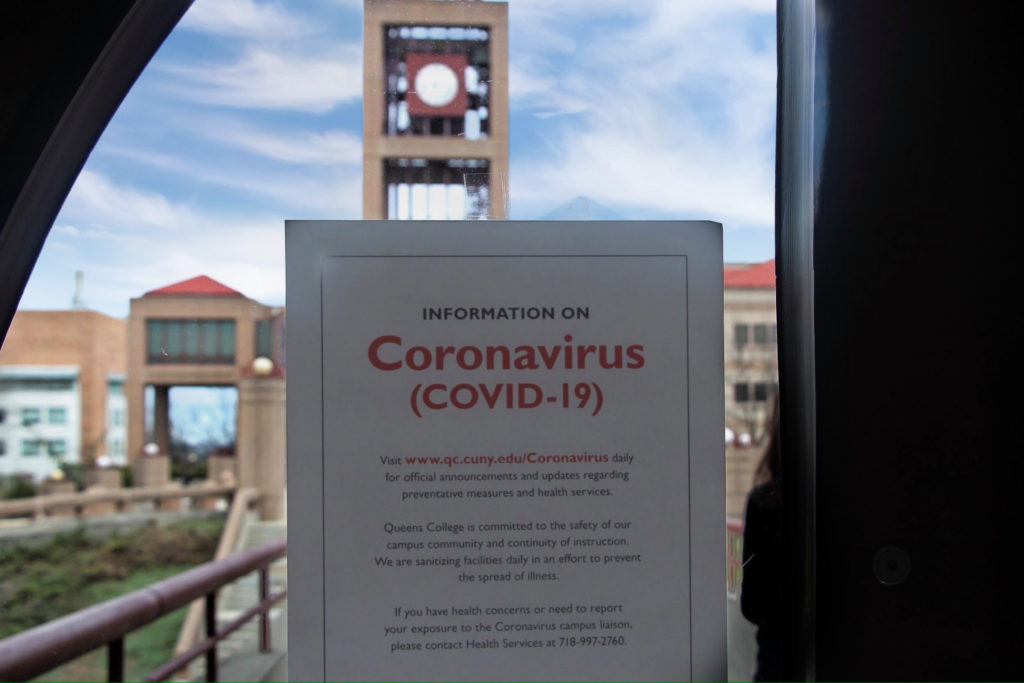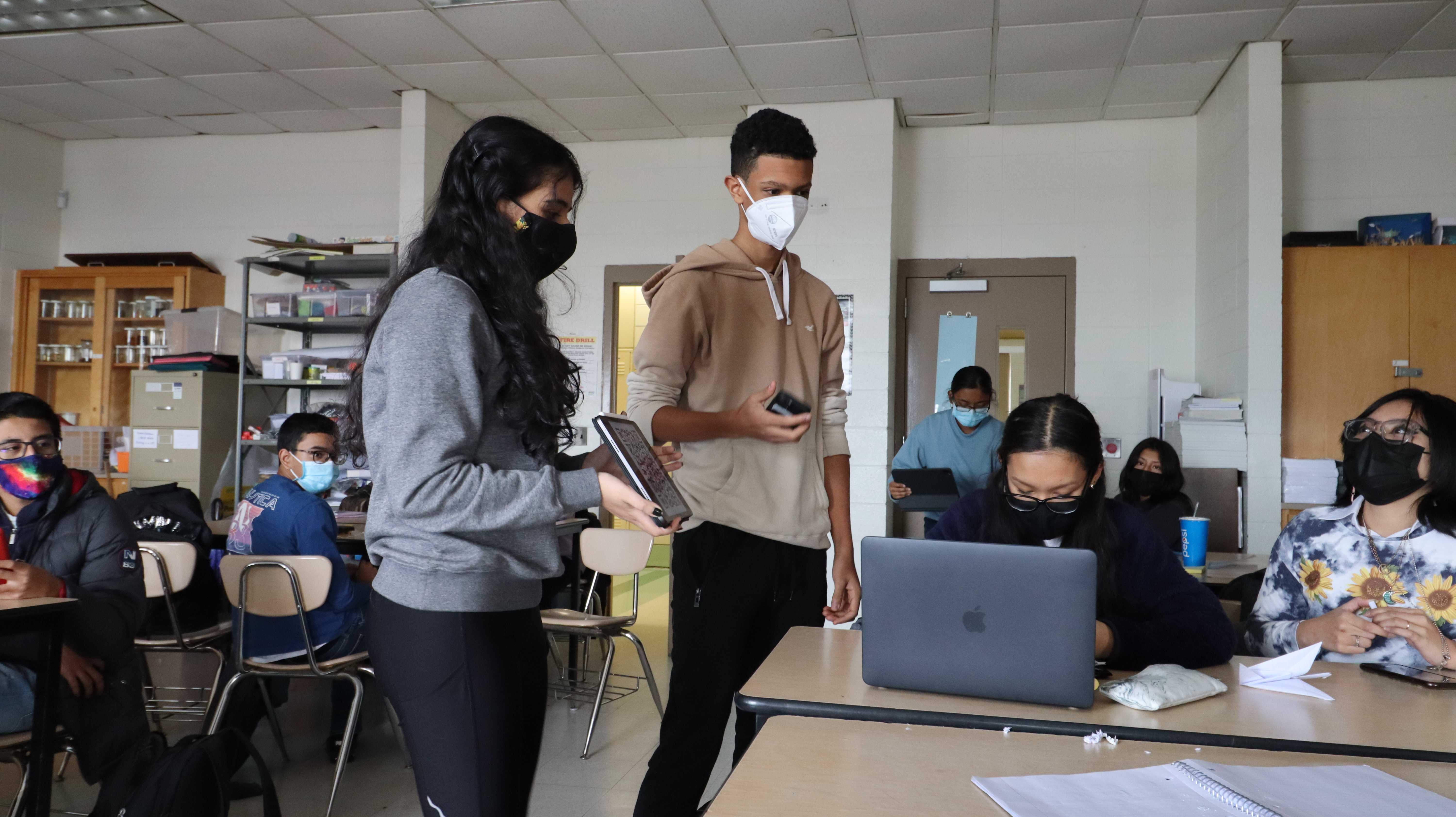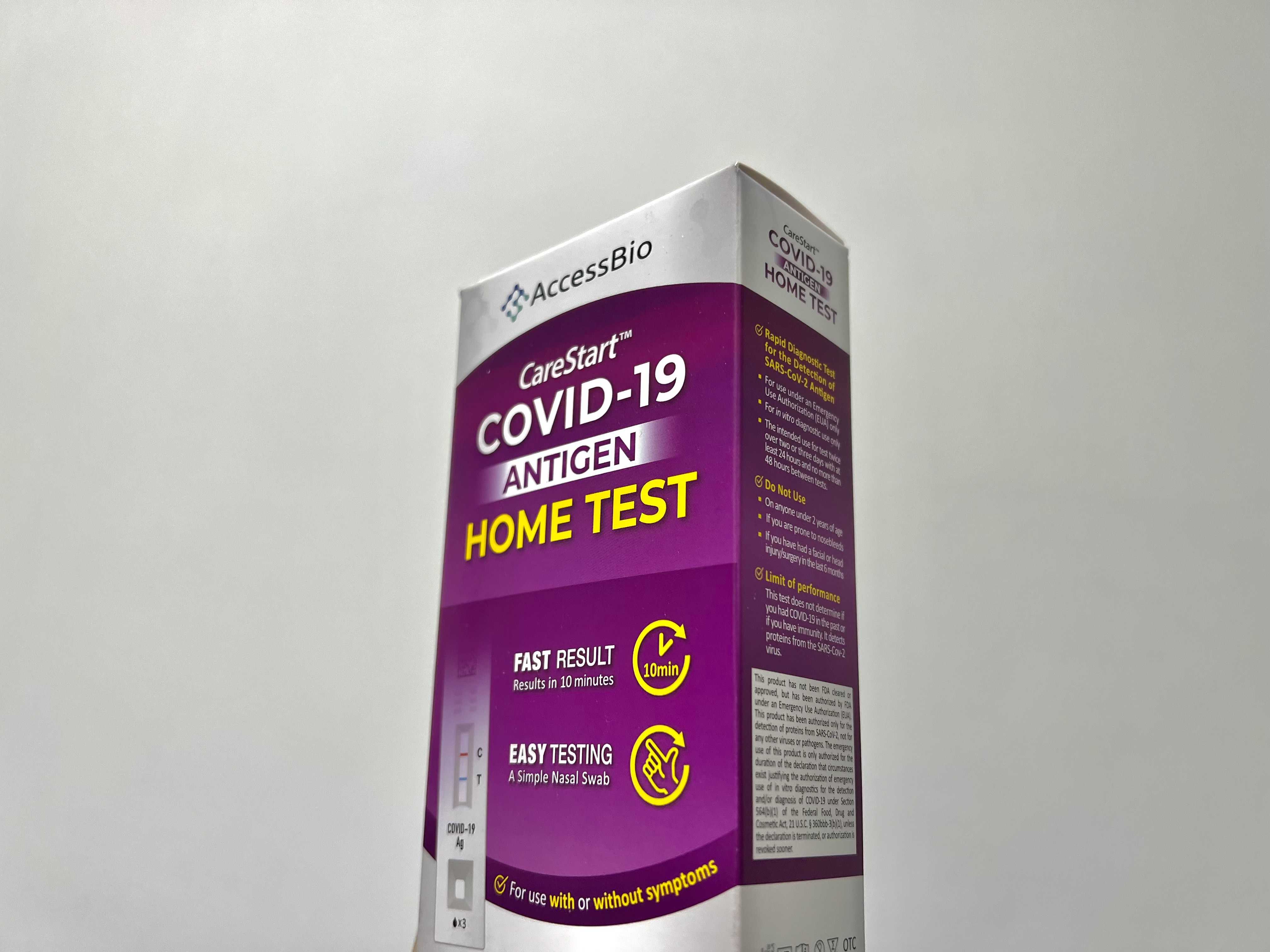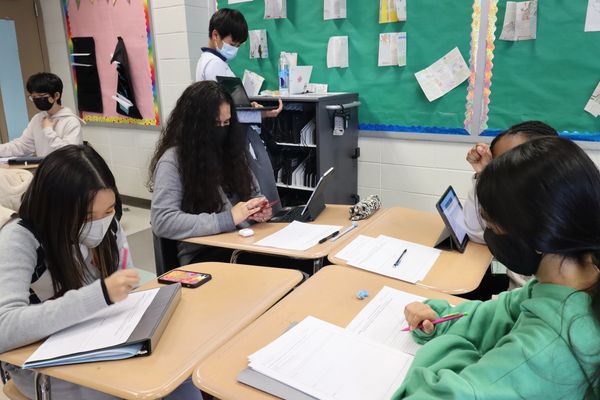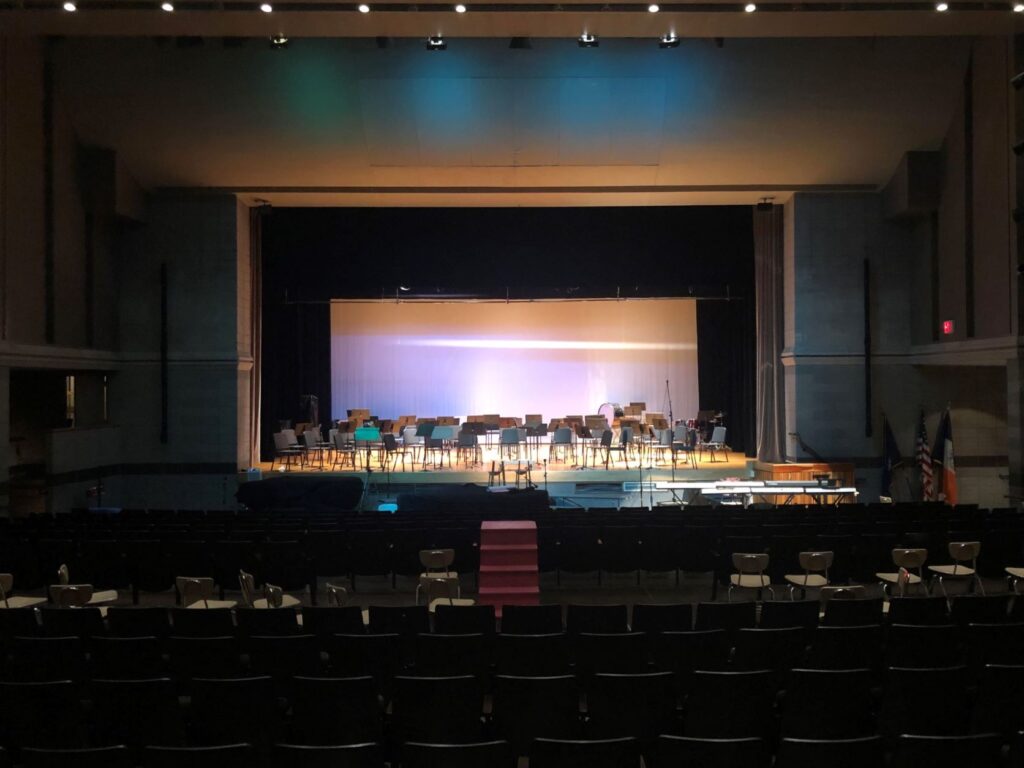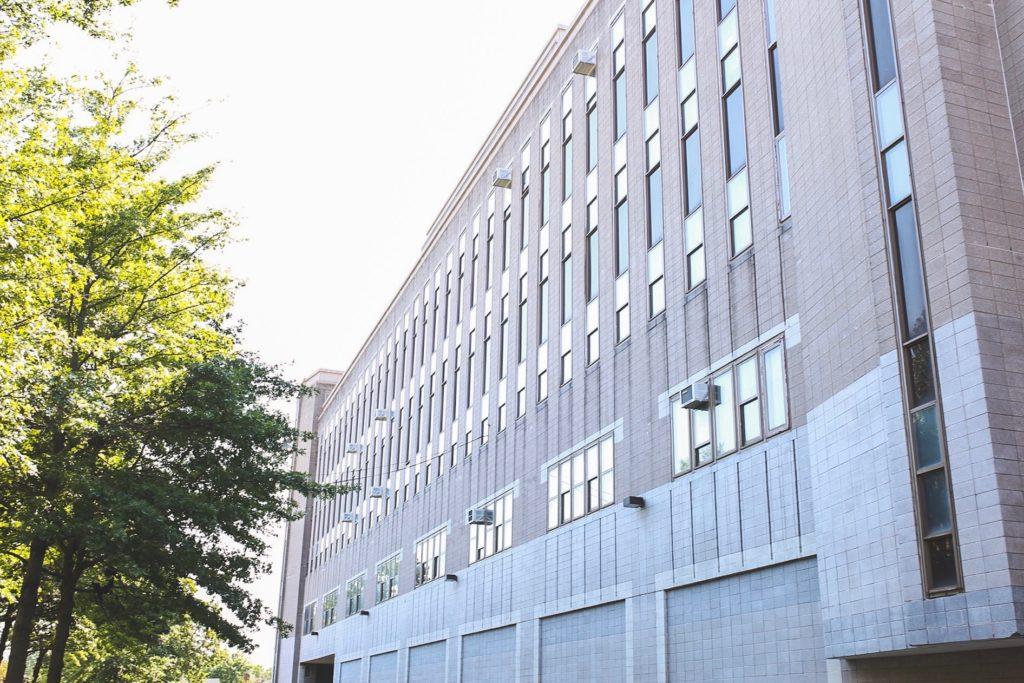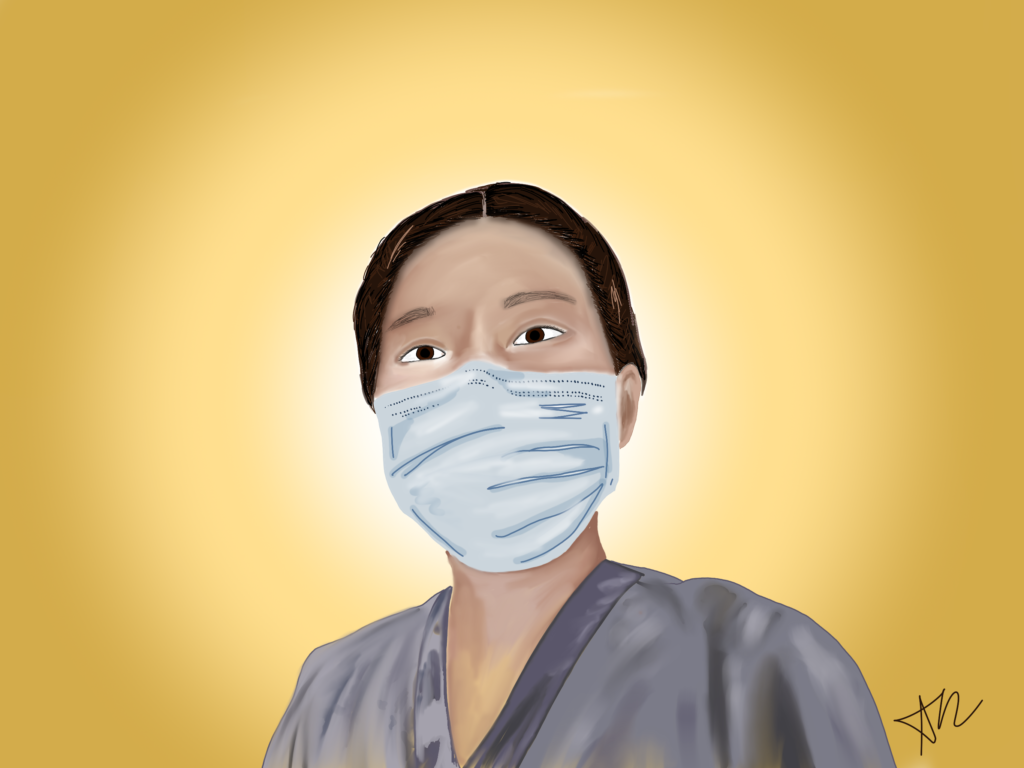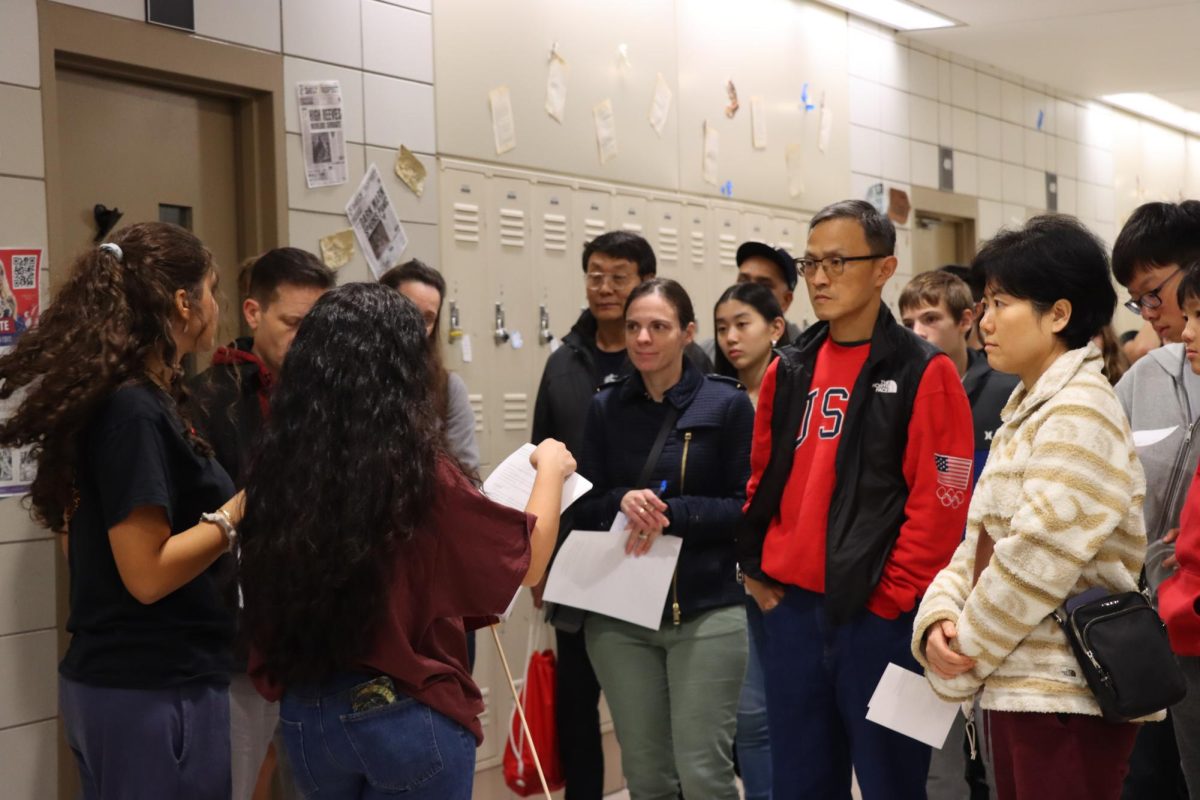
As the novel coronavirus (COVID-19) pandemic sweeps across the United States and the world, numerous high schools and colleges have temporarily closed and switched to online classes in order to contain the spread of the virus. With many students at New York City private and parochial schools already attending online classes, and with coronavirus cases rapidly proliferating through all five boroughs, the time for action is now. In order to protect students and staff at New York City public schools, Mayor de Blasio must immediately close schools.
In the last 72 hours, the coronavirus outbreak has officially reached the status of a WHO-recognized pandemic. Most responses to the disease have been sweeping, with the National Basketball Association halting the remainder of its season and President Trump suspending all travel from Europe. Schools across the nation have been shuttered, with online classes being conducted to avoid disrupting instruction. However, New York City has taken no such measures. Though there have been sixty-two confirmed cases in the city, the Mayor’s office has continued to reiterate that school closures are not their preferred solution, but rather a last resort.
Such reasoning is foolish because school is the environment in which most children and adolescents are likely to be exposed to the virus, given that it is typically the largest gathering of people they will experience in a day. As such, a single student coming to school while potentially infected with a virus that can take significant time to show symptoms is harmful to the well-being of thousands of other students and staff members. Additionally, there is research to show that school closures are the most effective method of preventing the spread of a moderately transmissible pathogen like the coronavirus. According to Dr. Nicholas Christakis, a physician at Yale University, school closures would reduce the cumulative infection rate by as much as 25 percent, while also delaying the peak of the epidemic in the New York region by about 2 weeks. This is precious time that may give officials a chance to slow the spread of the disease, while also allowing the state to effectively enforce quarantine and safety procedures across the city.
Furthermore, most high school students, particularly those at Townsend Harris, rely on some mode of public transportation in order to get to school each day. Whether it’s a packed subway car or an overflowing public bus, students regularly put themselves in close quarters with many other commuters, further exacerbating the spread of disease. The potential for infection is so great that even the chairman of the MTA has suggested that if New Yorkers can get around without using the subways, they should. If the officials in charge of the country’s largest public transportation system are telling us that our way of commuting to school is potentially unsafe, how can the mayor expect us to show up every day? It is entirely unreasonable to keep schools open when students’ primary mode of transportation is a danger to their well-being.
Mayor de Blasio has repeatedly said he is hesitant to close schools because he fears that students who rely on their school cafeterias for meals won’t have access to adequate nutrition. Though it’s true that many students from lower-income backgrounds rely on the breakfast and lunch served in schools, there are ways of providing this service without keeping schools open for classes. For example, during the summer vacation, the city government provides free meals for all minors at public schools. Instead of having an entire school of students come in, significantly increasing the risk of infection, the city should cancel classes while keeping some schools open to the comparatively small number of students who require meal service. Other states are putting these same practices into place already.
Finally, though the Coronavirus has yet to appear in NYC public schools, it has dramatically impacted learning. Students, rightfully stressed and concerned by the pandemic spreading all around them, have great difficulty focusing on their academics. Conversations in many classes are dominated by the virus, as teachers work to reassure the concerns their students are voicing, while also trying to get the most accurate information they can. Altogether, this is not an environment in which students can learn effectively. Online education, even if imperfect, would allow students to learn from the safety and comfort of their own home, free from the distractions of the virus.
In a city as populous as New York, the risk of infection with coronavirus is great. By keeping schools open during a pandemic unprecedented in its severity and proliferation, Mayor de Blasio is endangering the safety of students, staff members, and their families. To ensure a safe, secure learning environment for all, the mayor must immediately close all New York City public schools.



